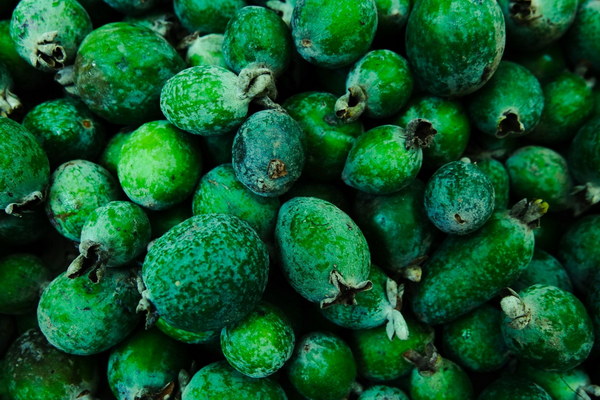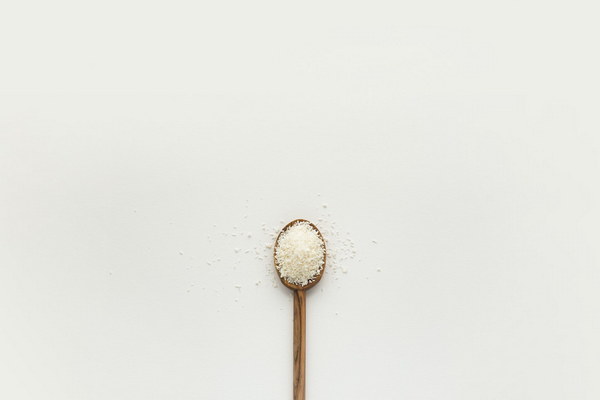Unlocking the Science Behind Liver Health A Comprehensive Guide to Liver-Boosting Strategies
The liver is a vital organ that plays a crucial role in maintaining overall health. However, its importance is often overlooked until it starts to malfunction. With advancements in scientific research, we have gained a better understanding of the liver's functions and how to protect it. This article delves into the science behind liver health, offering practical strategies to keep your liver in optimal condition.
1. The liver's functions
The liver performs numerous critical functions, including:
- Filtering blood from the digestive tract to remove toxins and impurities.
- Producing bile, a substance that helps with digestion and absorption of fats.
- Storing vitamins and minerals, such as vitamin A, B12, D, E, K, and iron.
- Regulating blood sugar levels.
- Producing cholesterol and blood clotting factors.
2. Common liver conditions
Liver diseases can range from mild to severe, and they can be caused by various factors, including:

- Alcohol abuse
- Viral infections (such as hepatitis A, B, and C)
- Non-alcoholic fatty liver disease (NAFLD)
- Autoimmune hepatitis
- Drug-induced liver damage
3. Science-based liver-boosting strategies
To maintain optimal liver health, it's essential to adopt a proactive approach. Here are some evidence-based strategies:
a. Limit alcohol consumption
Alcohol is a well-known liver toxin. Excessive alcohol consumption can lead to alcoholic fatty liver disease, hepatitis, and liver cirrhosis. To protect your liver, limit your alcohol intake to moderate levels, as defined by the American Liver Foundation.
b. Eat a balanced diet
A healthy diet rich in fruits, vegetables, whole grains, lean proteins, and healthy fats can help maintain liver health. Some specific foods and nutrients that support liver function include:
- Artichokes: Artichokes contain cynarin, a compound that stimulates bile production, aiding in digestion and liver function.
- Garlic: Garlic contains allicin, a compound that has been shown to have anti-inflammatory and antioxidant properties, which may help protect the liver.
- Green tea: Green tea is rich in catechins, antioxidants that may help reduce the risk of liver disease.
- Selenium: Selenium is an essential mineral that plays a crucial role in liver function and antioxidant defense.
c. Maintain a healthy weight
Being overweight or obese increases the risk of NAFLD and other liver diseases. Maintaining a healthy weight can help reduce your risk of developing liver problems.
d. Exercise regularly
Regular exercise improves overall health and can help manage weight, reduce the risk of NAFLD, and improve liver function.
e. Avoid toxic substances
Exposure to certain chemicals, such as solvent fumes, pesticides, and heavy metals, can damage the liver. Minimize your exposure to these toxins by using protective gear when necessary and choosing environmentally friendly products.
f. Get regular medical check-ups
Regular medical check-ups can help detect liver diseases early, allowing for timely treatment. Ask your doctor about liver function tests, especially if you have risk factors for liver disease.
g. Don't smoke
Smoking increases the risk of liver disease by increasing oxidative stress and inflammation. Quitting smoking can significantly improve your liver health.
4. Conclusion
By understanding the science behind liver health and adopting evidence-based strategies, you can help protect your liver and reduce your risk of developing liver diseases. Remember, taking care of your liver is essential for maintaining overall health and well-being.









